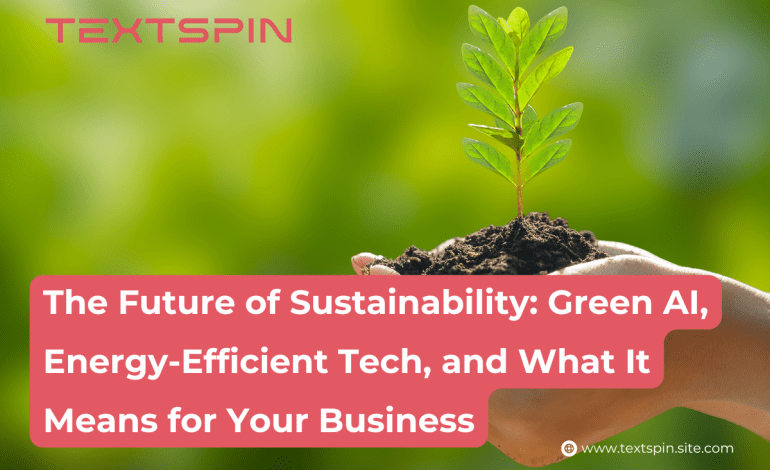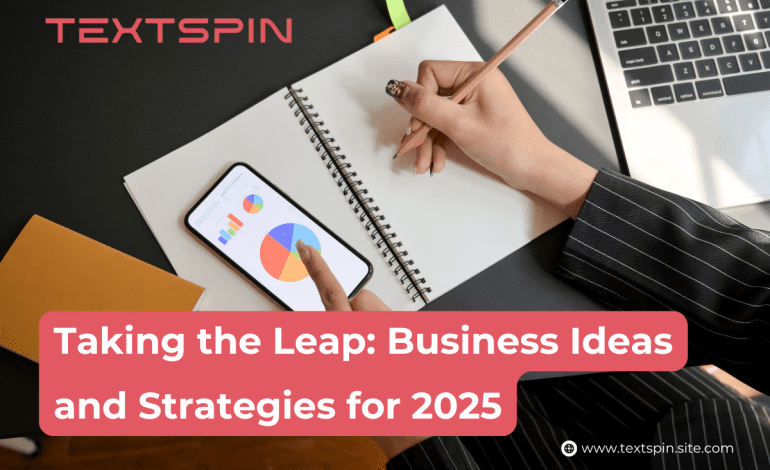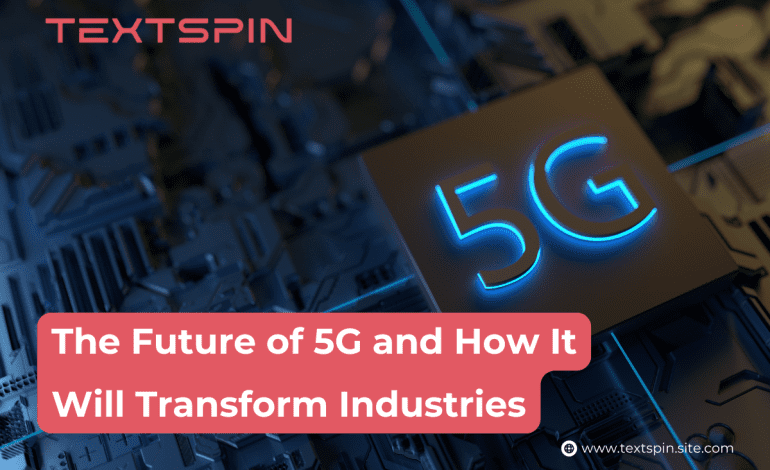
The Future of Sustainability: Green AI, Energy-Efficient Tech, and What It Means for Your Business
Today I’m diving into a topic that is not only shaping the future of business but also giving us a chance to be part of something bigger—a movement toward sustainability. Whether you’re a small business owner, a solopreneur, or someone who simply cares about the planet, there’s a lot to unpack here.
When I started my first business, sustainability wasn’t top of mind. I was focused on getting clients, meeting deadlines, and keeping the lights on. But over time, I noticed how much consumer expectations were shifting. People weren’t just buying products—they were buying values. They wanted to know, “Does this company care about the same things I do?” That question changed how I approached my business, and I want to share what I’ve learned, especially as we head into 2025, a year where sustainability will define how businesses succeed.

Green AI: Smarter Tech with a Smaller Footprint
Let’s start with Green AI. If you’re not familiar with it, Green AI is the idea of creating artificial intelligence (AI) systems that are both powerful and energy-efficient. It’s fascinating because, while AI can revolutionize industries, it comes at an environmental cost. Did you know training a single large AI model can emit as much carbon as five cars over their lifetime? That blew my mind when I first read about it.
But here’s the exciting part: Green AI is changing the game.
What Makes Green AI Different?
- Energy-Efficient Algorithms: Think of these as AI models on a diet. They’re designed to use fewer resources while delivering the same results. This isn’t just good for the planet—it’s good for your business because it reduces costs.
- Edge Computing: Instead of relying on massive data centers, which are like the SUVs of the tech world, edge computing processes data locally. For example, imagine a smart thermostat in a home. Instead of sending every data point to the cloud, it processes information on-site, using far less energy.
- Carbon-Neutral AI Operations: Companies like Google and Microsoft are investing in carbon offsets and renewable energy to power their AI systems. Microsoft even pledged to remove more carbon than it emits by 2030.
What This Means for Your Business
Now, you might be thinking, “That sounds great, but how does it apply to me?” Here’s an example. Say you’re running a small e-commerce business. You can use Green AI tools for tasks like customer segmentation and personalized marketing. Not only are you optimizing your campaigns, but you’re also aligning with consumer values around sustainability. That’s a double win—efficiency and brand loyalty.
Energy-Efficient Tech: Doing More with Less
We all know the tech industry has a bit of a bad rep for its environmental footprint, especially those massive data centers. But here’s the silver lining: the same industry is leading the charge in creating solutions.
Emerging Trends in Energy Efficiency
- Low-Power Data Centers: Picture this—new cooling systems that use recycled water, or servers designed to consume a fraction of the energy they used five years ago. It’s happening now. Amazon Web Services, for instance, has data centers powered entirely by wind and solar energy.
- Sustainable Hardware: From laptops to industrial machines, companies are designing products that last longer, are easier to repair, and use recycled materials. Have you heard of the Fairphone? It’s a modular smartphone built with ethical materials that you can easily repair. Talk about setting an example!
- Smart Grids and IoT: These systems make energy use smarter and more efficient. Imagine a manufacturing facility where machines communicate with each other to optimize power consumption. That’s not sci-fi—it’s IoT at work.
What This Means for Your Business
Here’s where it gets actionable. Let’s say you run a small office. Switching to energy-efficient lighting or investing in smart thermostats might seem like small steps, but they add up—especially when you’re scaling. Energy efficiency isn’t just about cutting costs; it’s about creating resilience. When energy prices fluctuate, businesses that consume less are less vulnerable.
Sustainability: The New Competitive Advantage
If there’s one thing I’ve learned, it’s this: sustainability isn’t just about compliance or ticking boxes—it’s about growth. Businesses that embrace sustainability often find themselves ahead of the curve. Why? Because it resonates with what people care about.
Real-World Impact
- Customer Loyalty: Research shows 76% of global consumers are willing to pay more for sustainable products. That’s huge. If you’re selling eco-friendly candles or running a zero-waste café, you’re not just selling a product—you’re selling a commitment to the planet.
- Regulatory Compliance: Governments worldwide are introducing stricter environmental regulations. Early adoption means you’re not scrambling to adjust when laws catch up—it’s like being ahead of the traffic light.
- Attracting Talent: Gen Z and Millennials want to work for companies that align with their values. If you’re a sustainable business, you’re not just recruiting employees—you’re building ambassadors for your brand.
What You Can Do Today
Let’s make this practical. You don’t need a billion-dollar budget to start prioritizing sustainability.
- Audit Your Energy Use: Start small. Where can you cut waste? Is it switching to LED lights or installing motion sensors in unused spaces?
- Invest in Green Tech: There are affordable tools out there. For instance, cloud platforms like Google Workspace are carbon-neutral.
- Share Your Journey: One of my favorite tips—tell your story. Did you recently switch to recyclable packaging? Share it on your social channels. People love seeing businesses take steps toward sustainability.
Why This Matters to Me
When I look back at how far I’ve come in my business journey, one thing stands out: the importance of staying aligned with my values. I didn’t always get it right, but every step I took toward sustainability made my business stronger. It built trust with my customers, created deeper connections with my team, and, honestly, gave me a sense of purpose beyond profits.
Looking Ahead
As we move further into 2025, I believe sustainability will become the cornerstone of every successful business. Whether it’s adopting Green AI, integrating energy-efficient technologies, or simply starting conversations about eco-friendly practices, the opportunities are endless.
So, here’s my challenge to you: What’s one small step you can take today to make your business more sustainable? Remember, it’s not about perfection—it’s about progress. And together, we can create a future that’s not only profitable but also meaningful.
Let’s make 2025 the year we redefine success. Are you ready?
- Sara K.





